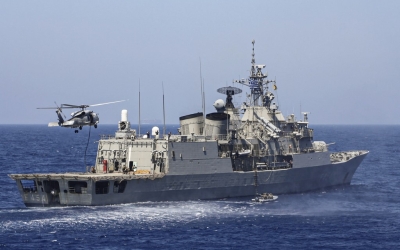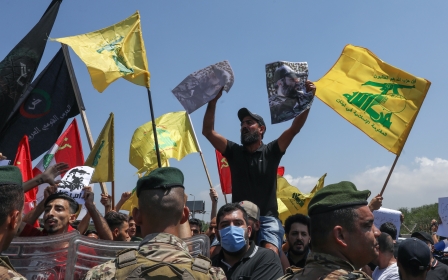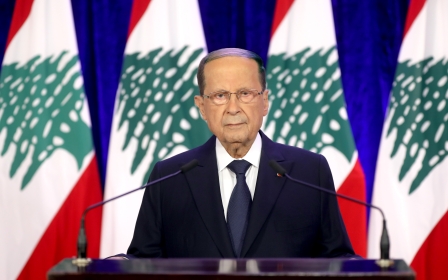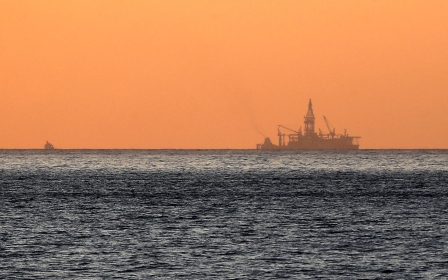US offers mediation between Lebanon and Israel following stalemate
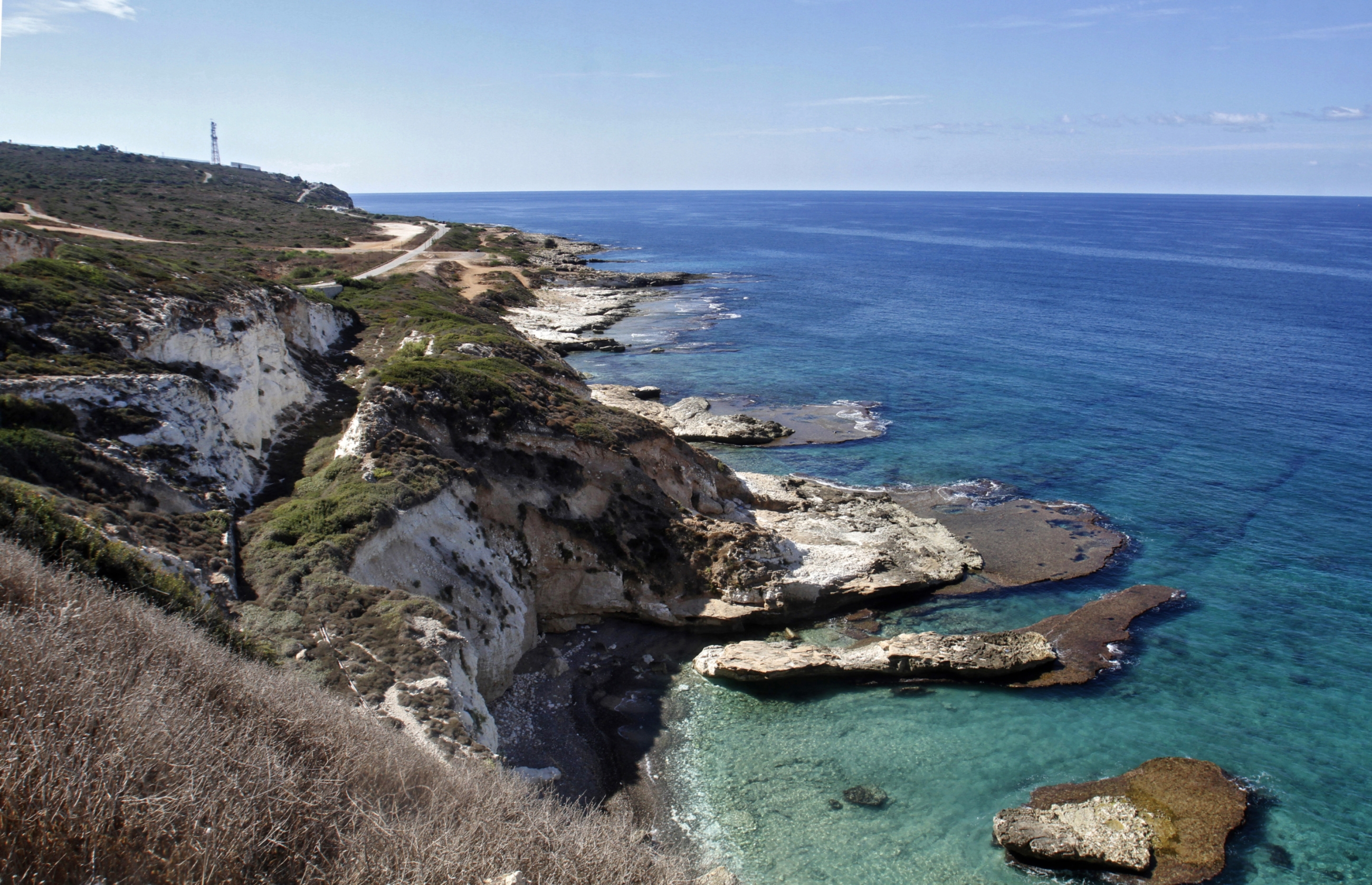
US Secretary of State Mike Pompeo on Tuesday expressed Washington’s readiness to mediate in the negotiations between Lebanon and Israel over disputed maritime borders.
Beirut and Tel Aviv started unprecedented talks in October to solve one of the most contentious issues between the two countries - who are still technically at war - to make way for offshore oil and gas exploration.
New MEE newsletter: Jerusalem Dispatch
Sign up to get the latest insights and analysis on Israel-Palestine, alongside Turkey Unpacked and other MEE newsletters
"Regrettably, despite goodwill on both sides, the parties remain far apart," said Pompeo, who has one month left in office after President-elect Joe Biden defeated President Donald Trump in November’s elections.
"The United States remains ready to mediate constructive discussions and urges both sides to negotiate based on the respective maritime claims both have previously deposited at the United Nations."
In February 2018, Lebanon signed its first contract for drilling in two blocks in the Mediterranean with a consortium comprising energy giants Total, ENI and Novatek.
Exploration of one of the blocks, Number 9, is more controversial as part of it is located in an 860 sq km area claimed by both Israel and Lebanon.
The recent negotiations have been based on a map registered with the United Nations in 2011, which shows that patch of the sea as being contested. The latest round of talks was postponed after Israel accused Lebanon of inconsistency.
Lebanon considers the map to have been based on wrong estimates and is now demanding an additional 1,430 sq km of sea farther south, which includes part of Israel's Karish gas field, according to Lebanese energy expert Laury Haytayan.
Israel has already assigned the Karish gas field to Greek firm Energean for exploration.
Meanwhile, an Israeli source close to the talks told AFP last month that Israel had demanded the sea frontier be moved further north, deeper into areas claimed by Lebanon.
Lebanon insisted that the negotiations were only focused on the maritime border dispute rather than any political normalisation.
Middle East Eye delivers independent and unrivalled coverage and analysis of the Middle East, North Africa and beyond. To learn more about republishing this content and the associated fees, please fill out this form. More about MEE can be found here.


